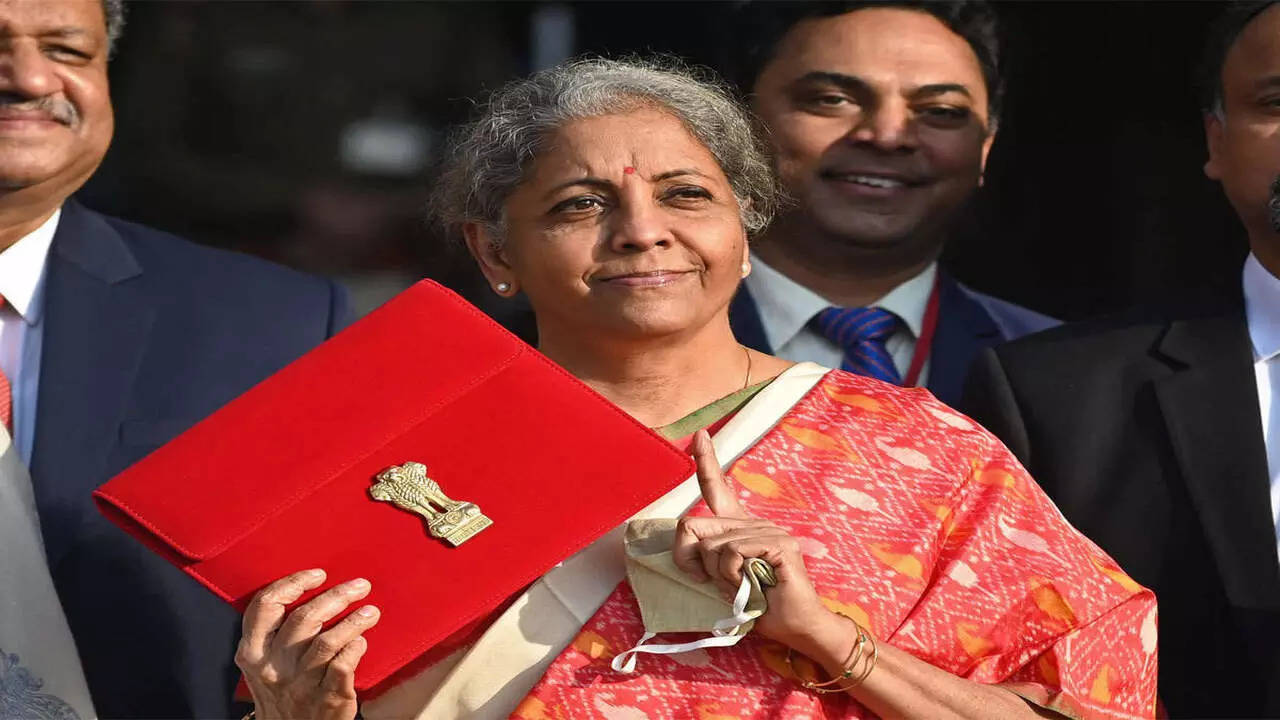As the Budget 2024 session approaches, familiarizing yourself with key terms is essential for a better understanding of the financial landscape and policy implications. Here are some crucial terms to grasp before the upcoming budgetary discussions:
Fiscal Policy: The government’s approach to managing revenue and expenditure to influence the economy’s overall direction. This often involves taxation, public spending, and debt management.

Source:- India today
GDP (Gross Domestic Product): A measure of a country’s economic performance, representing the total value of all goods and services produced within its borders. Changes in GDP can indicate economic growth or contraction.
Source:- ndtv
Deficit and Surplus: The fiscal deficit occurs when the government’s expenditures exceed its revenues, while a surplus indicates the opposite. Understanding these terms provides insights into the fiscal health of the nation.
Inflation: The rate at which the general level of prices for goods and services rises, eroding purchasing power. Central banks often set inflation targets as part of their monetary policy.
Direct and Indirect Taxes: Direct taxes, like income tax, are levied directly on individuals or businesses, while indirect taxes, such as GST (Goods and Services Tax), are imposed on goods and services.
Subsidies: Financial aid provided by the government to support specific industries or groups, aiming to encourage economic activities or alleviate financial burdens.
Revenue Expenditure and Capital Expenditure: Revenue expenditure covers day-to-day operational costs, while capital expenditure involves investments in assets like infrastructure. Balancing these expenditures is crucial for sustainable fiscal management.
Trade Deficit and Surplus: The trade deficit occurs when a country imports more than it exports, while a trade surplus indicates the opposite. These balances impact a nation’s economic health and currency value.
Monetary Policy: Actions taken by a country’s central bank to control the money supply, interest rates, and inflation. It plays a vital role in influencing economic stability.
Public Debt: The total amount of money a government owes. Monitoring public debt levels is crucial to assess a nation’s financial sustainability.
Allocations and Appropriations: The process of allocating funds in the budget to different government departments and agencies. Appropriations involve the legal authority to spend the allocated funds.
Being familiar with these key terms provides a foundation for understanding the intricacies of the Budget 2024 discussions and their potential impact on the economy. As policymakers navigate through various fiscal measures, these terms serve as a guide for interpreting the government’s financial decisions.
Share your views in the comments

